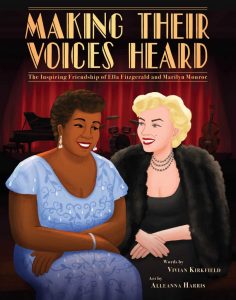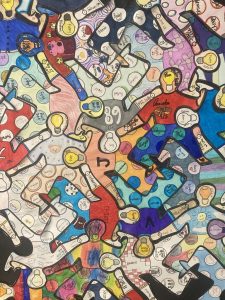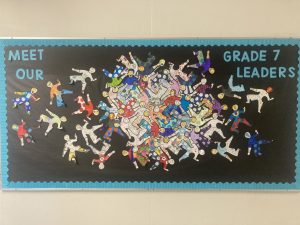As part of our novel study, we have been learning about cerebral palsy. The protagonist in the book Out of my Mind, Melody Brooks, is a young girl with cerebral palsy. For some people, having cerebral palsy can impact their mobility, muscular function, and speech.
On October 6th, many people observed World Cerebral Palsy Day which aims to raise awareness around this condition. Did you know that it is estimated that over 760,000 people globally have cerebral palsy?
Check out the video below to watch a video where children interview Carolyn, an authour and activist with cerebral palsy:
Please note: while the children in the video have been given permission to ask questions about Carolyn’s medical history, we should always be mindful to not ask people with disabilities about their diagnoses. While some people may feel comfortable sharing, many may not, so we want to be respectful!




